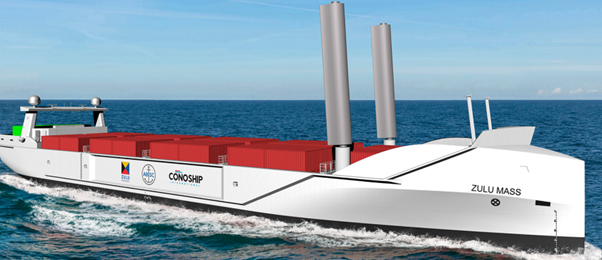One of the largest of the international shipping associations BIMCO has unveiled that its Documentary Committee has adopted the AUTOSHIPMAN agreement in response to a growing number of remotely controlled ships.
As disclosed, the primary purpose behind the agreement is to provide a standard contractual foundation for third-party shipmanagers to deliver services for the operation of remotely controlled or fully autonomous ships.
Currently, these types of vessels are primarily employed in inland waterways and coastal trades, but the industry is expanding rapidly.
This new agreement is based on the widely used SHIPMAN agreement, which governs commercial services and provides the framework for the obligations, responsibilities, and liabilities.
One of the key features of AUTOSHIPMAN is the flexibility that allows ships to switch operational modes even during a voyage.
The flexibility matters because it may be a legal requirement for remotely controlled ships to be partially or fully manned when passing through the territorial waters of a jurisdiction or for calling at a port.
Captain Ajay Hazari, Anglo Eastern, who led the AUTOSHIPMAN drafting team, explained that this sector is experiencing growth as remotely controlled ships are already operating commercially in several parts of the world.
Grant Hunter, Director, Standard, Innovation and Research at BIMCO also stated that AUTOSHIPMAN represents BIMCO’s first step into the commercial operation of remotely controlled ships, and perhaps eventually fully autonomous ships.
“During the development of AUTOSHIPMAN, we were assisted by legal and insurance experts, and we have gained valuable insight throughout the process from companies who are already operating ships remotely around the world,” said Hunter.



